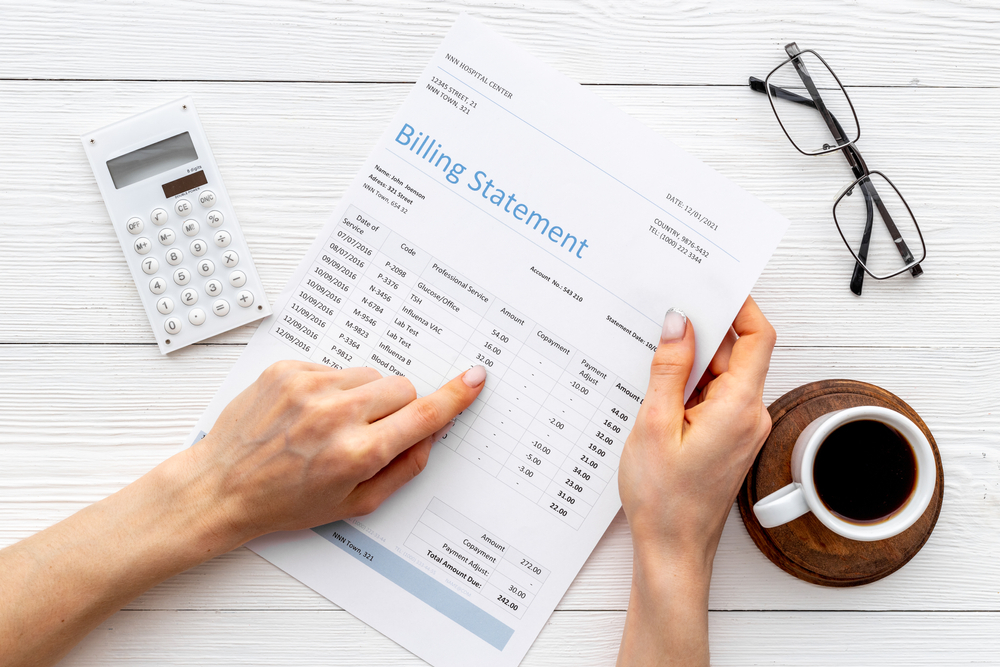Creating a monthly budget is an effective way to take control of your finances, track your income, and manage your expenses. It provides a clear roadmap for your financial journey and helps you make informed decisions about spending and saving. In this article, we will guide you through a step-by-step process to create a monthly budget that aligns with your financial goals.
1. Determine Your Income
Start by calculating your total monthly income. Include all sources such as salaries, freelance work, side hustles, or passive income. Ensure you consider the after-tax amount to have an accurate understanding of the money available to you.
2. Track Your Expenses
Track your expenses for a month to understand where your money is going. Categorize your expenses into groups such as housing, transportation, groceries, utilities, debt payments, entertainment, and miscellaneous. Use bank statements, receipts, and expense tracking apps to ensure accuracy.
3. Evaluate Your Spending Habits
Review your tracked expenses to identify areas where you may be overspending or could potentially reduce costs. Look for patterns and consider which expenses are necessary and which can be adjusted. This step helps you gain insights into your spending habits and highlights areas for improvement.

4. Set Financial Goals
Establish short-term and long-term financial goals. These may include building an emergency fund, paying off debt, saving for a vacation, or investing for retirement. Having clear goals helps you prioritize your spending and motivates you to stick to your budget.
5. Create Budget Categories
Based on your expense tracking and financial goals, create budget categories that align with your lifestyle and priorities. Common categories include housing, transportation, groceries, utilities, debt payments, healthcare, savings, and discretionary spending. Allocate a portion of your income to each category.
6. Allocate Funds to Categories
Assign a specific amount of money to each budget category based on your income and priorities. Start with essential categories such as housing, utilities, and groceries. Then allocate funds to other categories according to their importance. Be realistic and ensure that your total allocated amounts do not exceed your income.
7. Monitor and Adjust
Regularly monitor your spending and compare it to your budgeted amounts. Track your expenses and income throughout the month to stay on top of your finances. If you find that you are consistently overspending in certain categories, reassess your budget and make necessary adjustments to stay within your means.
8. Automate Savings and Bill Payments
Consider automating your savings and bill payments. Set up automatic transfers to a savings account or investment account to ensure that you consistently save a portion of your income. Similarly, automate bill payments to avoid late fees and ensure that you meet your financial obligations.

9. Be Prepared for Irregular Expenses
Account for irregular expenses such as annual subscriptions, insurance premiums, or vehicle maintenance. Estimate their costs and allocate a portion of your monthly budget to a separate category specifically for these irregular expenses. This way, you won’t be caught off guard when these expenses arise.
Related articles:
- Why You Need a Budget App: Take Control of Your Finances
- How to Budget Money on a Low Income: Practical Tips for Financial Management
- A Step-by-Step Guide: How to Create a Budget for Effective Financial Management
- Eating Healthy on a Budget: Practical Tips for Nourishing Your Body and Wallet
10. Review and Adjust Regularly
Review your budget on a regular basis, ideally monthly, to assess your progress, make any necessary adjustments, and ensure that it continues to align with your financial goals. Life circumstances and priorities can change, so your budget should be flexible and adaptable.
Conclusion
Creating a monthly budget is a powerful tool for effective financial planning. By determining your income, tracking expenses, evaluating your spending habits, setting financial goals, creating budget categories, allocating funds, monitoring and adjusting regularly, automating savings and bill payments, preparing for irregular expenses, and reviewing your budget consistently, you can take control of your finances and work towards achieving your financial objectives. Remember, budgeting is a continuous process that requires discipline and commitment, but the rewards of financial stability and peace of mind are worth the effort.

















